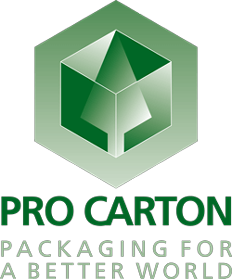Trends 2015: sustainability and individuality
28 January 2015
Every year Pro Carton compiles the most important trends of leading institutes for research into the future in terms of packaging. Pro Carton President Roland Rex explains what these trends signify for packaging and cartons in particular. The most comprehensive trend 2015: "Retail is everywhere."
JWT Intelligence, the research division of communication agency JWT, sees the retail trade as probably the most important trend in 2015: "Retail is everywhere". Virtually the entire population of the earth will soon own a smartphone and so allow action at all times: for example, viewing, obtaining information, comparing prices, ordering and picking up the order on the way home or to the hotel: these steps have merged into a seamless process which can take place anywhere and at any time.
"Shopping is shifting from an activity that takes place in physical stores or online to a value exchange that can play out in multiple new and novel ways. Since almost anything can be a retail channel, thanks largely to mobile technology, brands must get increasingly creative in where and how they sell their goods", says JWT. Roland Rex comments on this as well as all other trends: "The weighting and significance of the advertising and marketing instruments continues to change at a fast pace. Packaging, and in particular cartons, are rapidly becoming the central, linking medium in an environment undergoing constant change."




